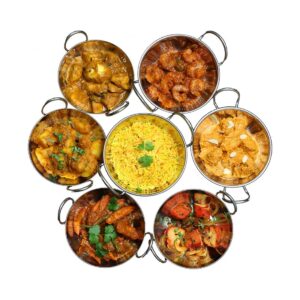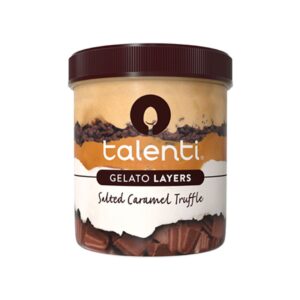
Introduction
The culinary arts have long been an integral part of human history, not only in providing sustenance and nourishment but also in shaping cultures, traditions, and identities. From ancient civilizations to modern societies, food has been a fundamental component of human life, and its evolution reflects the changes and developments that have occurred throughout history.
The Historical Significance of Food
Food has always played a significant role in shaping historical events and movements. Whether it be through trade routes that connected distant lands, the spread of culinary techniques and recipes, or the impact of food shortages on socio-political dynamics, food has been intertwined with the course of history. For example, the spice trade routes of the ancient world not only facilitated the exchange of goods but also led to the blending of different cuisines, creating new culinary traditions that continue to thrive today.

Exploring Ancient Culinary Traditions
One of the most fascinating aspects of the culinary arts is how they provide a window into the past, allowing us to explore ancient traditions, rituals, and customs. For example, the ancient Egyptians were known for their elaborate feasts and the use of exotic ingredients such as honey, spices, and fruits. By studying the foods they consumed, we can gain insights into their social structure, religious beliefs, and trade relationships.
-
- Case Study: The Roman Empire
The culinary traditions of the Roman Empire offer a rich tapestry of flavors and culinary techniques that reflect the diversity of the empire’s territories. From the lavish banquets of the elite to the simple meals of the common people, food played a central role in Roman society. The adoption of new ingredients and cooking methods from conquered lands influenced the development of Roman cuisine, creating a unique blend of flavors that left a lasting impact on European gastronomy.
Food as a Cultural Marker
Food has the power to preserve and transmit cultural heritage, serving as a marker of identity and tradition. Traditional dishes and cooking methods are often passed down through generations, standing as a testament to the continuity of a culture. For example, the rich tapestry of Indian cuisine reflects the diverse regional cultures and traditions of the Indian subcontinent. Each region is characterized by its unique spices, cooking techniques, and signature dishes, reflecting the deep-rooted cultural diversity of the country.
The Impact of Food in Social and Political Movements
Throughout history, food has been at the center of social and political movements, serving as a catalyst for change and revolution. Food shortages, famines, and unequal access to resources have often been the driving forces behind significant social upheavals. The French Revolution, for instance, was fueled in part by the economic disparities in access to food, as the majority of the population suffered from hunger while the aristocracy indulged in extravagant feasts.
Food in the Modern World
In the contemporary world, food continues to be a significant force in shaping global dynamics. The rise of globalization has led to the exchange of culinary traditions, the fusion of different cuisines, and the increasing accessibility of international foods. The emergence of food tourism and the popularity of culinary travel experiences further demonstrate the enduring influence of food in connecting people and cultures across different parts of the world.
Conclusion
The culinary arts offer a unique perspective on history, allowing us to delve into different cultures, traditions, and periods of time through the lens of food. By exploring the historical significance of food, we can gain a deeper understanding of the social, political, and cultural forces that have shaped human societies. As we continue to celebrate and preserve culinary traditions, we honor the rich tapestry of history that food represents.
Reach out to us via this link f you want to offer workshops or a farmstay on your farm showcasing where our food comes from.
 Docs
Docs
 Support
Support




















 Home
Home  Whishlist
Whishlist  Cart
Cart 

















